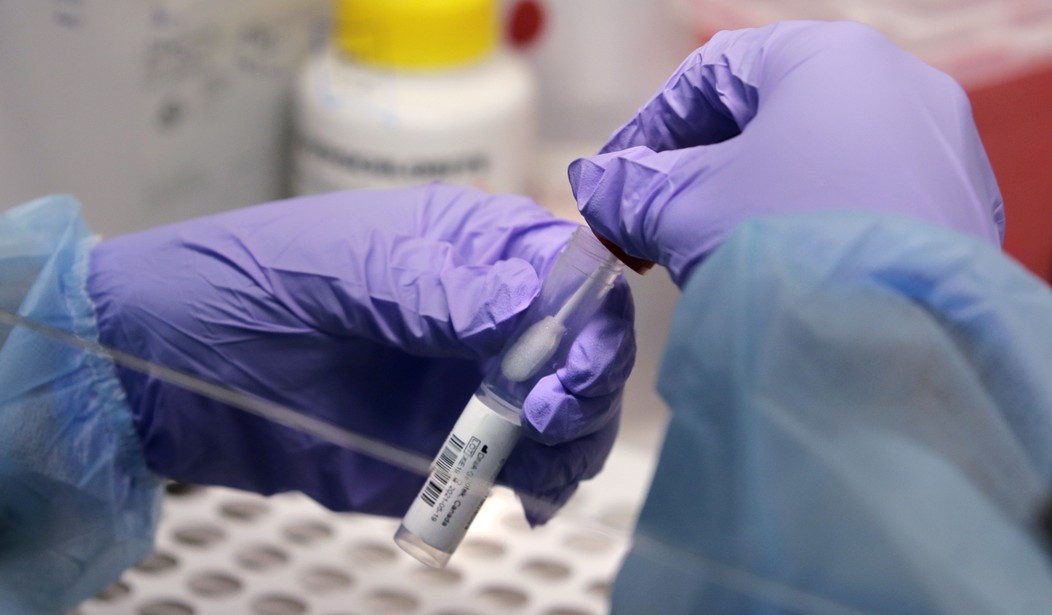Despite federal and other mandates, many people in the U.S. and worldwide opted against vaccination against the COVID-19 virus and its variants; millions more worldwide lack easy access to these vaccines. Many others who got initial vaccinations looked at the side effects of injection-based vaccines that promised protection and “just said no” to further injections.
With COVID-19 likely to resurface this winter in evolving variants, world health authorities and medical personnel – along with at-risk populations – are looking for better answers. Mandating injection-based vaccines has become increasingly unpopular and in many cases has been deemed unlawful. Elsewhere, the injection-based vaccines are just not available.
Surprisingly, there may soon be a viable alternative to injection-based vaccination on the market. Vaxart, a U.S.-based vaccine company, until 2020 had focused exclusively on developing vaccines for H1N1 and H5N1 flu, influenza B, norovirus, respiratory syncytial virus, and Human Papillomavirus.
These vaccines are currently in various stages of clinical and pre-clinical trials, with many positive results. Remarkably, Vaxart’s vaccine tablet proved as good, if not better, than the leading injectable vaccine against flu viruses in a phase II trial.
With the worldwide outbreak of COVID-19, Vaxart shifted its focus to developing an oral tablet vaccine against COVID-19 and its variants that would operate by stimulating mucosal activity. Today, Vaxart is the first company in the world to have a Phase II non-injection-based vaccine.
Vaxart claims its oral vaccine could offer four major advantages over injection-based vaccines.
First, mucosal antibodies are more cross-reactive and cross-protective, and data from trials with Vaxart’s anti-COVID-19 tablets indicate half the subjects had an increased immune response against variants. Other data suggest that the oral vaccine elicits a stronger response in T-cells, killing off the virus quicker, and thus reduces the potential death toll.
Recommended
A third benefit, again gleaned from trial data across Vaxart’s product lines, is reduced side effects. Finally, the company argues that the rapid-fire distribution capability and the broader immunity from variants for the tablet vaccine will result in decreased transmission and viral shedding.
There are significant differences between the non-mRNA oral ingestion vaccine being developed by Vaxart and all of the injection-based vaccines. These differences range from how they operate to how they protect against variants to delivery speed to diverse populations.
Injection-delivered mRNA vaccines (like those developed by Pfizer and Moderna) deliver a nucleic acid with a surrounding lipid to create a “protein of interest” that allows the nucleic acid to trigger an immune response inside cells. These vaccines, instead of using a weakened or inactivated form of a pathogen, teach body cells how to temporarily produce antigens.
By contrast, explains Vaxart CEO Andrei Floroiu, his company’s orally ingested, room temperature tablet (pill) directly targets the small bowel – the gut – rather than the arm. To trigger an immune response, the DNA enters the cell via a virus “shell” coated with a small amount of double-stranded RNA (a signal of viral replication) to inform the immune system there is a virus present.
Once the tablet is ingested, the intestine breaks down the protein and starts to produce an immune response, in particular across the mucosal surfaces of the body – mouth, nose, lungs, and vagina. Vaxart believes that its vaccine produces protection against the current strain of COVID-19 and possible future variants.
Given the nature of the COVID-19 viruses, Vaxart says this mucosal immunity could provide longer lasting protection than that provided by any of the injected mRNA vaccines and that it would also reduce human-to-human transmission. Floriou also says that Vaxart’s tablet vaccine also appears to be very benign and better tolerated than the mRNA vaccines: “Theirs knock you out, while ours does not.”
The biggest advantage of the oral vaccine, however, may lie in the cost and speed of delivery, especially to rural areas and across the developing (largely unvaccinated) world. All injection-based vaccines require clean syringes for each recipient, sterilization equipment (including alcohol), trained personnel to properly administer the shots, and proper methods of syringe waste management. Many require cold storage in transit up until the shots are delivered.
By contrast, administering the Vaxart tablet requires only a cup of water.
This ease of delivery enables vaccination of an entire country in days, maybe weeks, rather than months. This rapid response time, combined with the Vaxart vaccine’s efficacy against evolving variants, markedly contrasts with what would otherwise be the status quo.
Perhaps the Vaxart oral vaccine’s biggest hurdles are worldwide acceptance of an oral vaccine and the funding that follows. While the Sabin oral polio vaccine won wide acceptance, it was ineffective in much of the developing world. Today, the National Library of Medicine agrees that oral delivery is the most desirable and patient-accepted route of administration, but notes that only a small fraction of currently licensed vaccines are oral formulations.
The initial mRNA vaccines were rushed to the public on an emergency basis. The public only later learned, from longer term studies, that protections against contraction or spread of the COVID virus and its variants were not permanent or of debilitating side effects.
The potential that an oral vaccine could enable rapid worldwide deployment, longer protection against variants, and fewer side effects provides strong impetus for public health officials and the public to eschew any biases against oral vaccines and expedite trials to determine their efficacy for both domestic and worldwide deployment.

























Join the conversation as a VIP Member